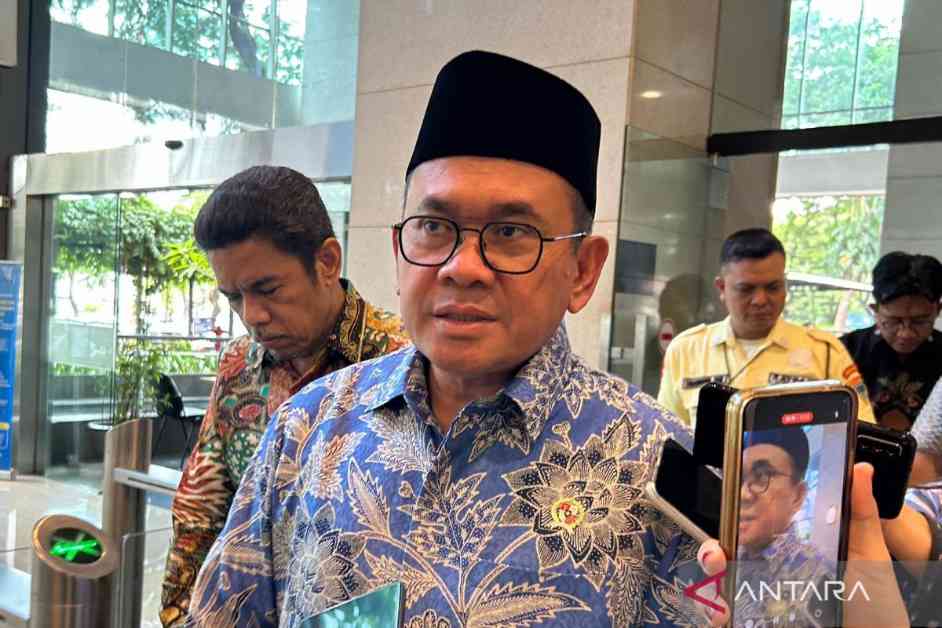Trade Minister Budi Santoso Optimistic About Indonesia’s BRICS Membership
Trade Minister Budi Santoso expressed his optimism about Indonesia’s inclusion as a full member of BRICS, emphasizing the potential for increased national exports. The government’s focus on boosting exports has led to the exploration of various collaborations to support foreign trade initiatives.
Santoso highlighted the importance of regional and bilateral approaches in enhancing Indonesia’s export capabilities during a statement on Friday. The decision to join BRICS was preceded by an in-depth study, with the expectation of mutual benefit for all parties involved.
Expert Insights on Indonesia’s BRICS Membership Impact on Exports
The Center of Economic and Law Studies (CELIOS) provided insights into the potential benefits Indonesia could gain from its full membership in the BRICS grouping. Nailul Huda, CELIOS’ economic director, noted that Indonesia’s current export market heavily relies on traditional markets such as the US and Europe.
Joining BRICS presents an opportunity for Indonesia to diversify its export destinations and reduce dependence on traditional markets that may pose challenges, Huda explained. The move could help Indonesia navigate global trade disputes and regulatory hurdles more effectively.
BRICS Membership and Indonesia’s Non-Aligned Leadership
Amidst changing dynamics in global trade, Indonesia’s decision to join BRICS reflects a commitment to non-aligned leadership. By maintaining a neutral stance and not aligning with any specific bloc, Indonesia aims to leverage strategic partnerships for future economic growth.
Europe’s increasing scrutiny on Indonesia’s export policies, particularly related to palm oil, has prompted the country to explore new avenues for trade. The BRICS alliance, consisting of influential economies like Brazil, Russia, India, China, and South Africa, along with other member and partner countries, offers Indonesia a platform to enhance its economic presence on a global scale.
BRICS: Shaping the Future of Global Economy
With a collective GDP accounting for 37.82% of the global economy and representing nearly half of the world’s population, BRICS has emerged as a formidable force in shaping the world’s economic landscape. Indonesia’s participation in this alliance signifies a strategic move towards diversifying its economic partnerships and tapping into new avenues for growth and development.
As Indonesia embarks on this new chapter as a full member of BRICS, the country is poised to navigate the complexities of global trade dynamics and forge mutually beneficial relationships with key players on the international stage.






















